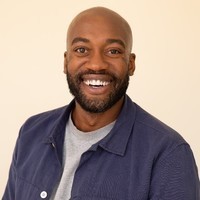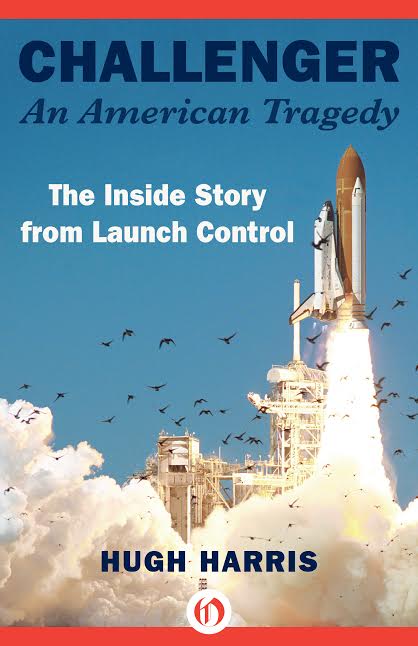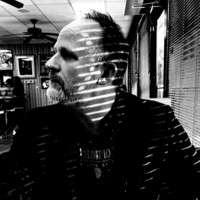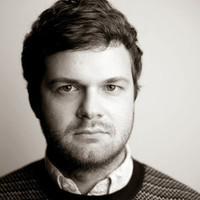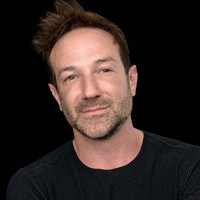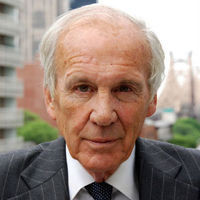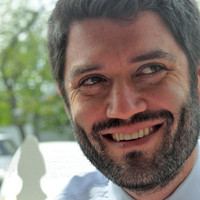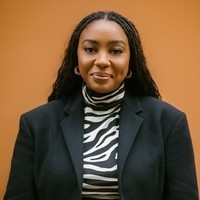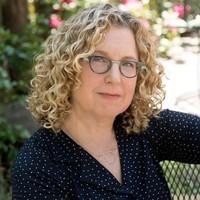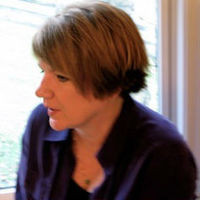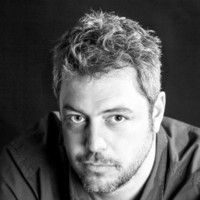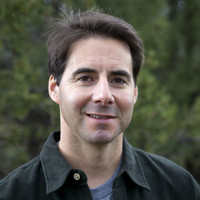Sam Sanders is the former host of NPR’s It’s Been a Minute. He hosts Vulture’s Into It, which launched last week.
“I don’t think I ever wanted a career where I was doing the same thing for 30 years. I think that, editorially, I had become someone who was really contemplating what kind of capital-j journalist I wanted to be, want to be, and I was questioning a lot of rules and the structure of what we think journalism is supposed to be, and I think I needed to be away from a legacy institution like NPR, at least for a spell, to work that out.”
